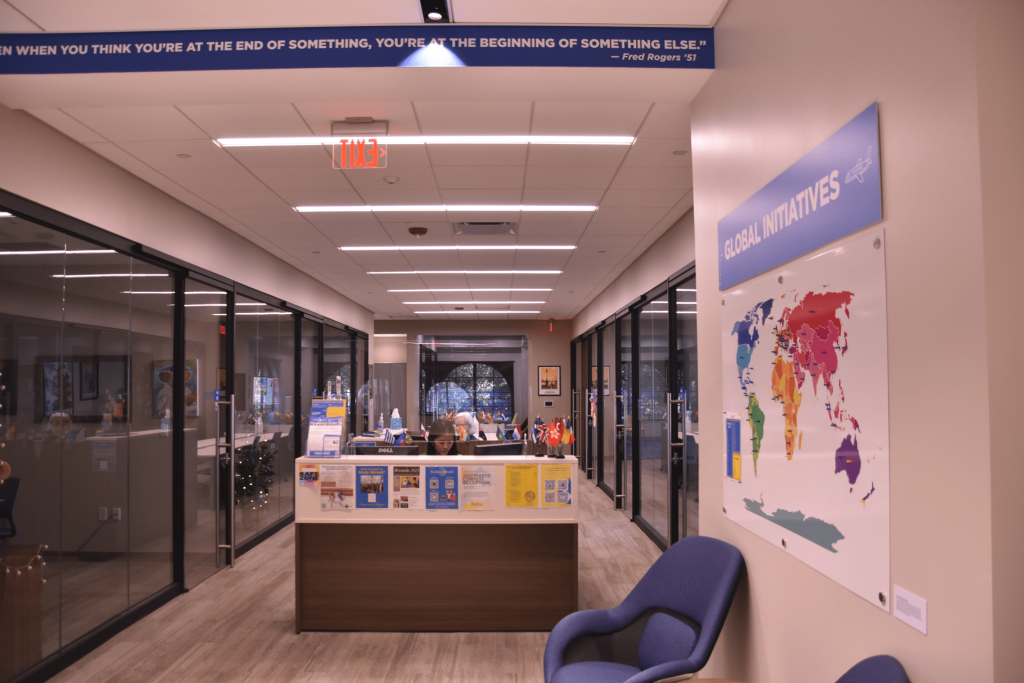
With 2023 just around the corner, the Office of International Programs is excited to announce a variety of study abroad programs happening this Spring and Summer.
According to the Institute of International Education, Rollins ranks in the top 12 institutions of its type when it comes to study abroad participation. In 2021, approximately 75% of students took advantage of at least one opportunity. Full-semester options include trips to Australia, China, France, Greece, and more.
To make the study abroad experience more accessible for the largest number of students, the college also offers many “field studies” throughout the year.
“I constantly hear the sentiment that every student should study abroad, and that you’ll regret it if you don’t, ” stated Taylor Ingrassia (‘24), who is planning on attending a field study this Spring. “But thinking about the costs of long-term international travel…I began to wonder whether I would come to regret it even if I did.”
Field studies combine a traditional 2 or 4-credit-hour course with a shorter travel experience during spring, winter, or summer breaks. These opportunities allow students to “fulfill [their] desire for travel in a way that is much more manageable,” Ingrassia added.
From March 10 through March 17 next spring, Dr. Jana Mathews and Dr. Emily Russel are hosting a field study in Denmark and Sweden.
“Like all 300-level rFLA courses, this one is highly interdisciplinary,” Dr. Mathews stated. “Because the Viking Age existed in the distant past, this course and trip are especially good fits for people interested in ancient civilizations and their history, literature, language, art, and culture.”
The conference itself consists of group discussions, critical readings, and writing assignments on ancient Viking culture, paired with the immersive experience in Scandinavia. In their week abroad, students will explore sites related to the course curriculum, including but not limited to “Viking ruins and villages, medieval castles, history museums, art museums, and national archives, and two cosmopolitan cities,” according to Dr. Mathews.
For those who’d prefer to stay out of the cold, Dr. Matthew Forsythe and Dr. Paul Reich are leading another field study across the American South.
In the course ENG 426, students start the semester studying texts from authors including “William Faulkner, Flannery O’Connor, and Eudora Welty,” said Dr. Reich.
Between March 9 and March 18, students then board a train to Savannah, Georgia, before embarking on a road trip throughout Alabama, Mississippi, and Louisiana. The 400-level class then culminates in a critical research essay following the trip.
Highlights of this study include trips to popular sites like the Mercer-Williams House and the Peace and Justice Memorial, multiple Antebellum-era plantations, as well as visits to the residences and cities that inspired many Southern authors.
Dr. Forsythe described how the companion class ENGW 267 helps participants to “understand how being in a place affects how one writes about that place.”
Although the deadline for these particular opportunities has passed, there are still many Summer programs that students can still apply for before the Feb. 13 deadline.
From May 15 through May 30, Dr. Richard Lewin and Dr. Marc Sardy are leading an experiential learning course on international business in Japan, featuring visits to Osaka, Nagoya, and Tokyo. Interested Juniors and Seniors are instructed to reach out to either of these leaders for more information.
For those interested in the arts, Lisa Cody-Rapport and Kevin Griffin will be hosting a field study at the The Prague Quadrennial in the Czech Republic where students will learn the ins and outs of performance design. Theatre and Fine Arts majors are encouraged to apply. There are no prerequisites, and students can opt for a credit or no credit option.
For those interested in a specific field study or full-semester program, Study Abroad Advisors are available Monday through Friday between 9 a.m. and 4 p.m. on the 2nd floor of Kathleen Rollins Hall. International Programs advises students to consult with their academic advisor before applying and to read their trip-specific policies related to departure and living abroad.
While tuition covers much of the cost of field studies, Dr. Mathews noted that the college is fortunate to be able to offer very generous scholarship funding packages, mediating the remaining costs of expenditures like airfare and meals. These additional costs vary from program to program, but students can contact the Financial Aid Office for more information.
Deadlines and detailed application information for all opportunities listed are also available on the office’s website.

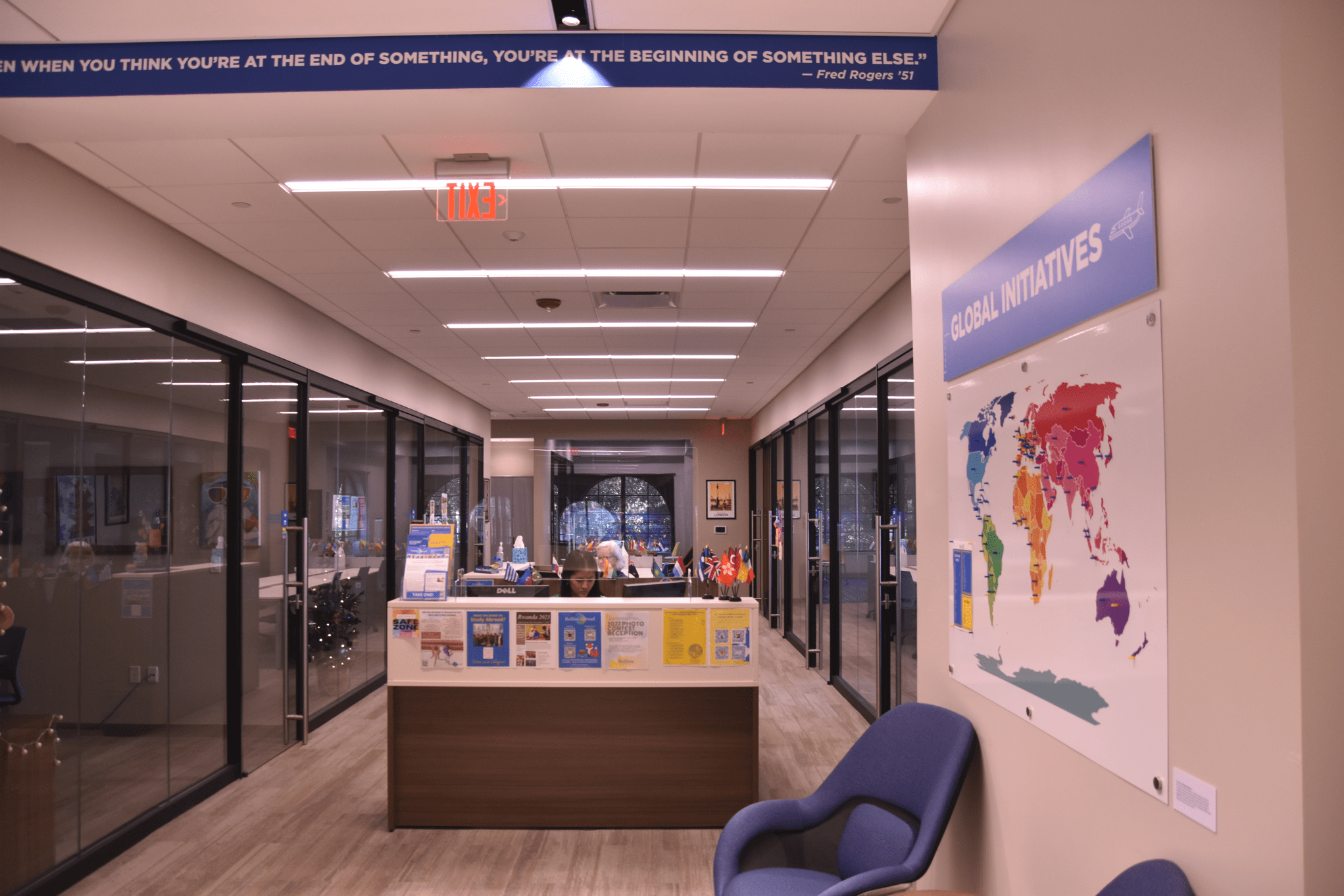
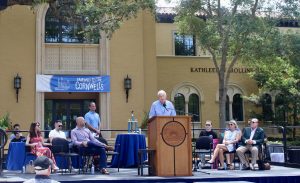

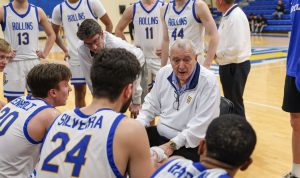

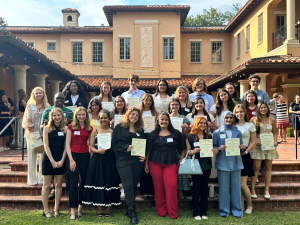
Comments are closed.